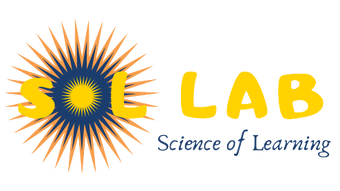- Research Partners -
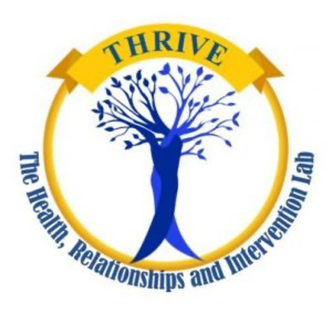
The Health, Relationships, and InterVEntion Lab at UCI, directed by Dr. Jessica Borelli, investigates the links between close relationships and health, with the goal of designing and testing interventions to improve health via the enhancement of relationships.

Dr. Gustavo Carlo is a Professor in the School of Education and director of UCI’s Cultural Resilience and Learning Center. His primary research interest focuses on understanding positive social development and health in culturally-diverse children and adolescents. Many of his projects focus on U.S. ethnic/racial groups, including Latino/a youth and families

The Development of Social Cognition Lab (DoSC Lab), directed by Dr. Nadia Chernyak, investigates how we learn to reason about the social world. Within a rapid timeframe, we learn how to interact with others, acquire rules of social behavior, and actively question, change, and position ourselves within our social worlds. The DoSC Lab investigates the remarkable process through which we learn these skills, the core cognitive competencies underlying them, and the developmental trajectories of them.
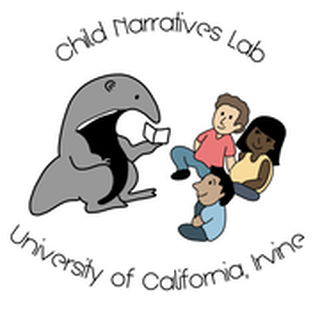
Research in the Child Narratives Lab, directed by Dr. J. Zoe Klemfuss, focuses on how social context and individual differences influence children's reports about past events. More specifically, they address questions about how the conditions under which children experience events and the conditions in which they are asked to remember those events influence what and how they recall. They are also interested in studying how individual differences in cognitive and narrative skills contribute to children's abilities to report about events they've experienced.
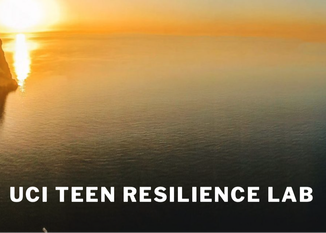
The UCI Teen Resilience Lab , directed by Dr. Kate Kuhlman, focuses on how childhood adversity confers risk for poor health outcomes throughout the lifespan, with a current interest in the neurobiological processes underlying depression in adolescence. Currently, their Teen Resilience Project studies how teens respond to stress.
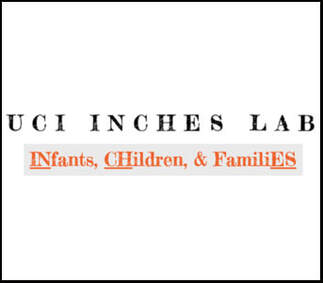
The INfants, CHildren, & FamiliES lab at UCI, directed by Dr. Angela F. Lukowski, investigates a more contextualized understanding of cognitive development in the first years of life. Dr. Lukowski's research program includes three lines of inquiry: one examining sleep-behavior associations from infancy to young adulthood, another examining associations between child language comprehension, adult language use, and recall memory in preverbal infants and children, and a third examining cognitive development in special populations (i.e., children with Down syndrome and infants who have been affected by iron deficiency).
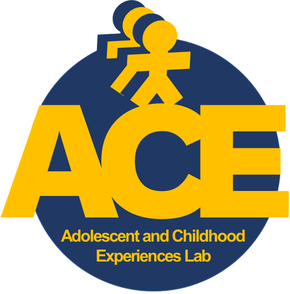
The Adolescent and Childhood Experience (ACE) Lab, directed by Dr. Jodi Quas, is dedicated to improving the lives of children of all ages through science. Dr. Quas’s research program addresses how best to talk with children and teens about their experiences. The ACE Lab is currently interested in understanding what approaches are most effective with teens.
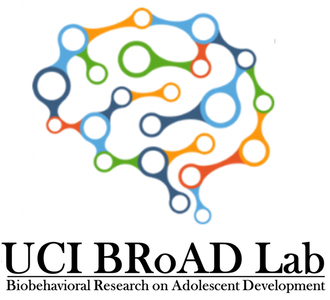
The UCI Biobehavioral Research on Adolescent Development (BRoAD) Lab, directed by Dr. Uma Rao, focuses on adolescent mental and physical health, behavior and development. This maturational stage is a period of learning and social adjustments along with changes in the brain and other biological systems. All these changes can lead to either positive or negative growth trajectories as youth transition to young adulthood. The BRoAD Lab is interested in learning more about what influences these trajectories so that we can help inform social policy, and provide doctors and parents with additional tools and guidance to promote a positive future for youth.
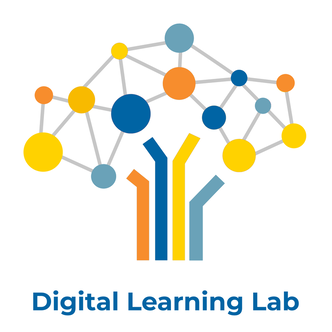
The Digital Learning Lab, founded by Mark Warschauer, uses cutting-edge approaches for better understanding students’ learning processes and developing new tools and resources to improve digital learning opportunities. The development and diffusion of digital media are transforming the terrain of learning in both higher education and K-12 schools. In our Converse to Learn project, we integrate conversational agents into STEM-oriented television shows to allow children to directly speak with the show’s main characters. The conversation is designed to prime children to engage in observation, prediction, pattern identification, and problem-solving.
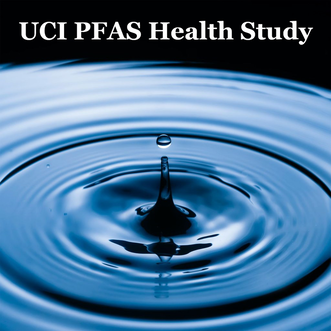
The UCI PFAS Health Study Team is conducting several studies to learn how exposure to per- and polyfluoroalkyl substances (PFAS) may affect the health of adults and children in Orange County, California. These studies are funded by the Centers for Disease Control and Prevention (CDC), the Agency for Toxic Substances and Disease Registry (ATSDR), and the U.S. Environmental Protection Agency (EPA). They are part of a national effort to learn more about PFAS in our drinking water, in our homes, and in the environment.
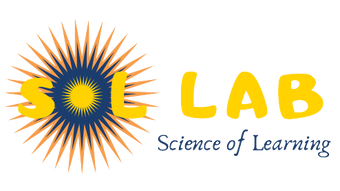
The Science of Learning Lab, directed by Dr. Lindsey Richland, is a collaborative research group that explores school and home learning. They conduct studies to learn how children's thinking changes over time, both in lab studies and at local elementary schools in Orange County. They also examine teaching practices for how to best support young students' math and science learning at home, online, and in the classroom.
